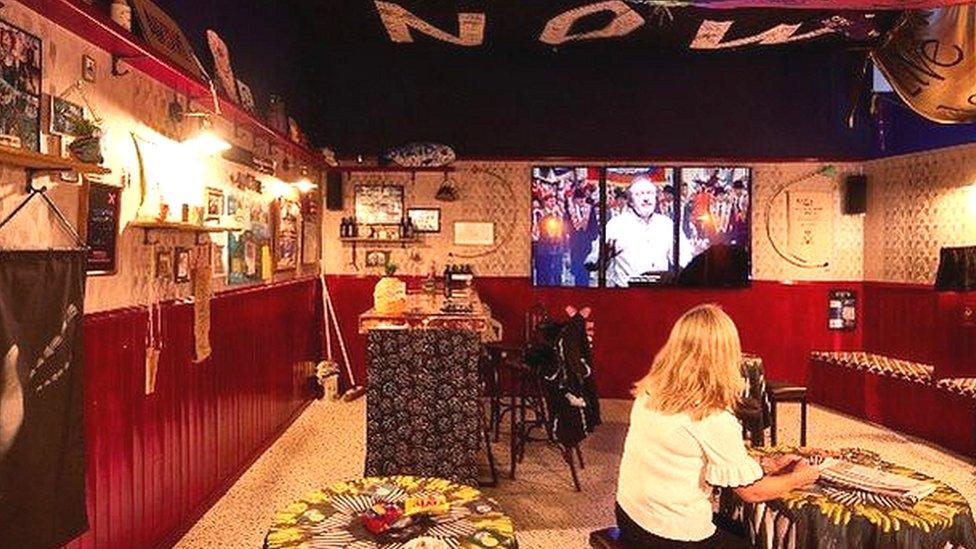Covid-19: Irish government to pay 'basic income' to 2,000 artists
- Published
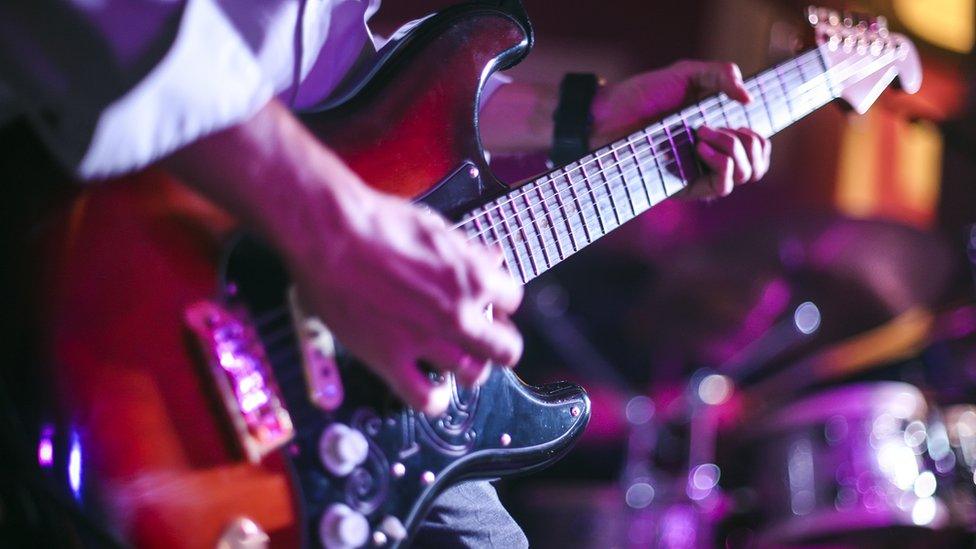
A scheme plans to give people working in the arts a payment each week so they can pursue their creative work
Approximately 2,000 artists, actors, musicians and other performers are set to be paid a basic income by the Irish government for three years.
A consultation on how the Basic Income for the Arts scheme will run has opened.
It will provide a specific number of people working in the arts with a payment each week so they can pursue their creative work.
A basic payment of €10.50 (£8.75) an hour is suggested in the consultation.
However, the overall income is yet to be decided.
As in Northern Ireland, arts and entertainment venues in the Republic of Ireland were closed for long periods due to Covid-19 restrictions.
An Arts and Culture taskforce was set up by the Irish minister for tourism, culture, arts, Gaeltacht, sports and media, Catherine Martin, to suggest ways in which the arts could recover from the "unprecedented damage" caused by the pandemic.
Its top recommendation was to pilot a basic income scheme for "a three-year period in the in the arts, culture, audio-visual and live performance and events sectors".
Ms Martin previously said that the Irish government was committing about €25m (£20.87m) to the scheme and it would be up and running in early 2022.
More details have now been provided in the consultation which opened on Thursday and runs until the 27 January.
It asks for views on details like what the objectives of the scheme should be, who should be eligible for the income, how they will be selected and what the appropriate level of pay should be.
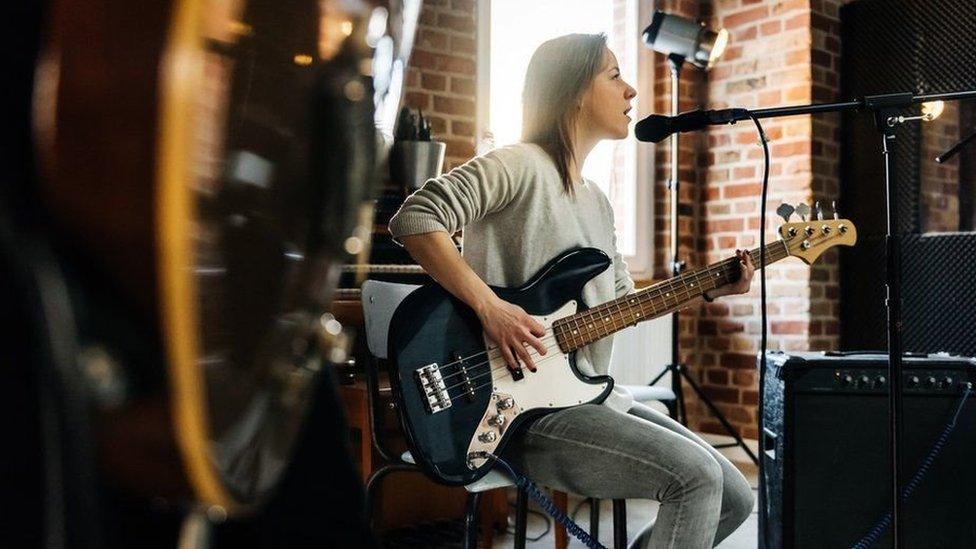
Consultation for the scheme will run until 27 January
While it is not clear exactly how many of those working in the arts and culture will get the payment, a figure of 2,000 people has previously been suggested.
According to the consultation, if there are more people eligible for the scheme than there are places available then participants may have to be selected at random.
In a statement, Ms Martin called the Basic Income for the Arts a "once-in-a-generation policy intervention".
There have been a number of schemes in Northern Ireland aimed at providing support to people working in arts and culture and venues affected by pandemic restrictions.
Nightclubs briefly reopened in October 2021 after being closed for a year and a half and social distancing requirements were removed for indoor music venues.
But restrictions and closures were recently re-instated for those venues in response to concerns about the spread of the Omicron variant.
Related topics
- Published26 December 2021
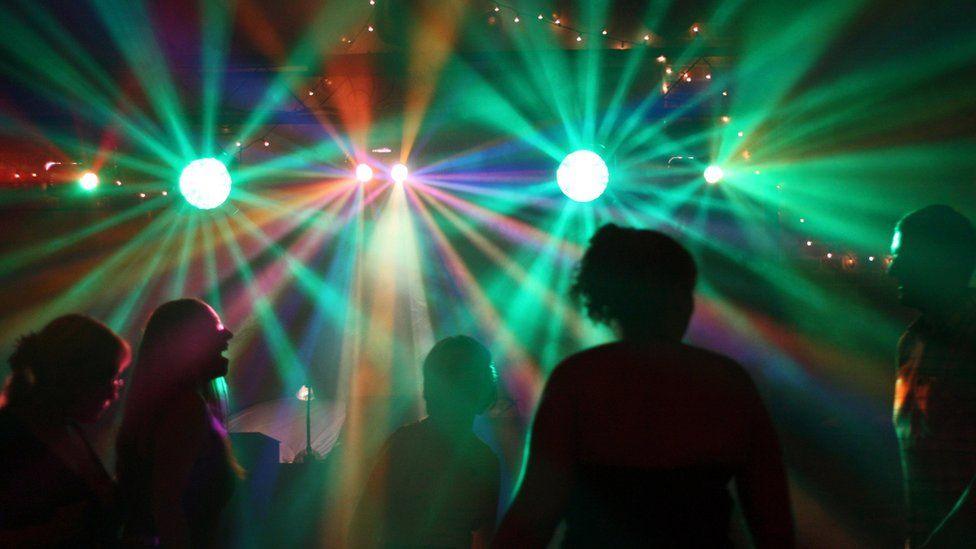
- Published3 December 2021
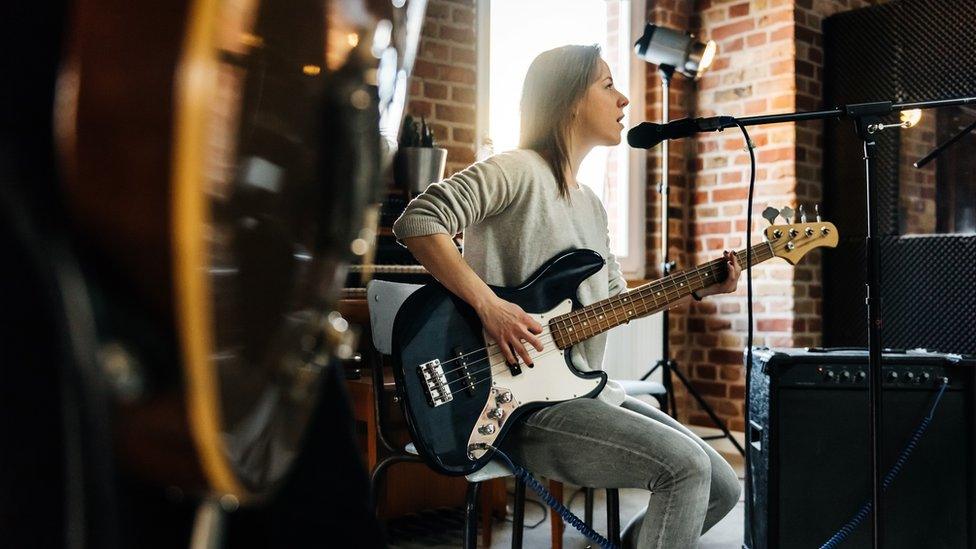
- Published1 December 2021
